Today we present thoughts from conference chair Amy Tenbrink on why presenting a panel worked for her.
I have two go-to presentation formats: panels and roundtables. You might wonder why, since it might seem strange at first that someone might have preferred presentation styles—but I bet that most people have presentation styles that make them most comfortable or that most often allow them to accomplish their presentation goals.
For me, it’s panels and roundtables because both formats include multiple viewpoints and multiple voices. Let me assure you that it’s not about the workload; I am a meticulous planner of questions for both panelists and roundtables. And if you know me, you know that it’s not about alleviating nerves with friendly panelists or a discussion room of participants—though lots of people choose these formats because they find them less intimidating.
Since lots of people submit roundtables, Sirens asked me to talk a bit about panels. I tend to choose panels when I want two things: (1) to present a topic that requires input from more than just me, either because I don’t have sufficient expertise or because having multiple voices is vital to the vibrancy of the topic; and (2) it’s a topic that is best presented by experts to an audience (perhaps with questions), rather than a topic that is best presented through a moderated audience discussion (as a roundtable is).
One example is the 2014 Sirens panel, “The Importance—and Business—of Diversity in Fantasy Literature by Women.” As you might expect, the panel discussed the importance of diversity in fantasy literature, but focused more specifically on the business challenges of diversifying the books that are ultimately published and sold in stores. Since most Sirens attendees have a lot to say about diversity, but very little insight into the publishing industry, I assembled a panel that included a librarian, an agent, and a marketing expert from a publishing house (and also invited both an editor and an author, who were not able to attend). The expertise of the panel—and the range of expertise on the panel—was vital to the success of the topic, though we did invite questions from the audience.
Another example is the presentation below, which I prepared for one of Narrate Conferences’ Harry Potter conferences. The topic is “Love Is a Battlefield: Authorship, Ownership, and Fan Appropriation,” which addressed the complex relationship between copyright owners and fans in 2008, when fandoms were exploding, despite copyright owners’ then-aggressive attempts to leash them. My co-panelist and I combined my copyright knowledge with her academic work in fan studies to present a panel that required both in order to be successful. This topic would not have made a great roundtable discussion, because it relied on us providing information and discussing our perspectives on the topic more than on audience discussion.
This was my summary for “Love Is a Battlefield: Authorship, Ownership, and Fan Appropriation”:
As participatory culture blurs the lines between creators and fans, the definitions of “authorship,” “ownership” and “control” likewise become distorted. Creators continue to hold the trump cards of copyright and money, but fans level the field through group action and the speed of the internet. Join us to review the history of creator/fan relations in the Harry Potter fandom: cease and desist letters for fan sites, then adult-oriented archives; the Harmonian uprising; the queering of canon characters and the rejection of Dumbledore’s sexuality; the LiveJournal Strikethrough; and even the RDR Books lawsuit. Then discuss with us this shifting battlefield and what it is that creators and fans really want, and what’s culturally and creatively at stake.
And this was my abstract, which is on the longer side; it’s also okay to have a paragraph or two and some sample questions:
Since the invention of the printing press and the accompanying advent of the concept of copyright, creators have sought total control over their work, and others—later users, developers, artists, fans—have attempted to wrest pieces of that control away for the collective good, for personal creativity, even for profit. Creators claim authorship and therefore ownership, but others argue that their use of a creator’s work is legal, permitted by policy, or sometimes morally valid.
Copyright law has given the legal advantage to creators and corporations, but copyright law, even with the complications of fair use, is only one piece of a larger whole. Both creators and corporations have frequently employed money, attorneys, and until recently, a near-monopoly on access to media outlets to fight battles by any means necessary. Modern communications, however, have provided secondary users with additional tools, and they have begun to use those tools to significant advantage. The capabilities of the internet and the speed at which groups of later users can disseminate information has changed the game, especially when contrasted with the snail’s pace at which creators and the corporate world can react when governed by Boards of Directors, lawyers, and incomplete information.
As groups of users gain more ground, the battles between creators and corporations, on one hand, and fans and other groups on the other, grow more heated, more equal, and more complicated. While creators and corporations still hold the traditional advantages, they grow frustrated with the hydra-like qualities of the fan community and the speed at which it moves. While fans and other groups have created loose collective units, they are impatient with the measured steps of creators and corporations and the willingness to employ resources to which fans have only limited access.
The Harry Potter fan community is a fascinating microcosm when examining evolving relationships between creators and fans because the examples abound. In the early days of fan sites, Warner Bros. sent many threatening letters, some of them to teen fans. Warner Bros. eventually backed off, but several years later Rowling went after archives that allowed minors to view NC-17 fan works. Plagiarism is a battle that the fans more or less wrested from creators other than Rowling, but the cost was the loss of respect from other fans. Conferences changed the landscape by forcing Warner Bros.’s hand on many fair use issues, and were followed by Warner Bros.’s allowing other fan creations, such as wizard rock. The publication of Order of the Phoenix raised a new issue: fans eviscerating Rowling for writing “bad fanfic” and killing characters; that was the first time that a group of Harry Potter fans wholly rejected a canon work. Half-Blood Prince triggered another fan uprising, this time from the Harmonians, when Rowling paired Hermione with Ron instead of Harry. 2007 brought a list of clashes: Strikethrough 2007 on LiveJournal, the backlash and division following the announcement that Dumbledore is gay, the utter rejection of the Epilogue, discussion of whether Rowling’s ever-changing additional information is canon, and of course, RDR Books facing down the Warner Bros. juggernaut over Steve VanderArk’s encyclopedia. Indeed, sometimes even businesses end up on the fan side of the equation, as evidenced by Warner Bros.’ significant restrictions on booksellers’ Deathly Hallows release parties. Finally, 2007 saw the founding of the Organization for Transformative Works, an effort by a group of fans to level the legal playing field that has been excoriated by the media—and by other fans.
This panel will examine relationships between creators and those who consume their work. It will briefly dissect the law underlying the issues, including the Copyright Act of 1976 and the Miller and Communications Decency Act cases governing obscenity. It will review the history of creator/fan relations, including how the participatory leanings of new media and participatory culture have affected that relationship. Ultimately, it will discuss how the battlefield between creators and fans has shifted over the years and where it is now.
In short, I love panels. I love putting together experts and voices from different fields with different experiences for a moderated, sophisticated conversation. For me, that’s one of the best things about Sirens: the opportunity to have those conversations in ways that, for whatever reason, aren’t always available. Bring on the panels!
Go back: All the posts tagged with programming
Questions? Concerns? Please email general queries to (help at sirensconference.org) and questions about programming to (programming at sirensconference.org).
Quick links:?
Programming Overview
Call for Proposals/Guidelines/Additional Preparation Information/Submit a Proposal
Past Conferences Archive
Specific Questions for the Programming Team: Email (programming at sirensconference.org)
If you’re looking for co-presenters, why not place an ad on Facebook, leave a comment here, or tag us on Twitter so we can retweet?
Join Us for a Chat!?
We’ll be hosting two chats on the Sirens website for talking about programming ideas—and for books, travel, Sirens, and meeting potential travel buddies and roommates. Join us on Friday, April 22, from 9 to 11:00 p.m. Eastern or Sunday, May 1, from 1 to 3:00 p.m. Eastern. The linked page will turn into a chat during those hours; no software or downloads are required, but you may need to refresh the page.
Or a Tweet!
Check out our Twitter, and the hashtag #SirensBrainstorm for ideas.




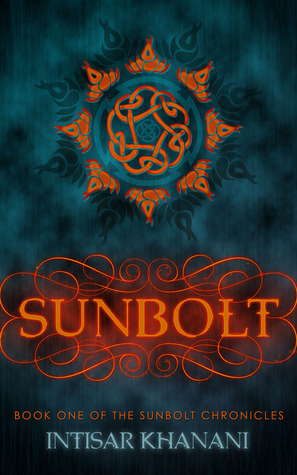
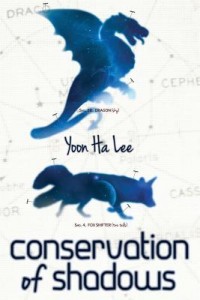

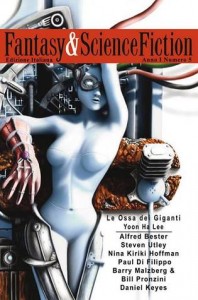
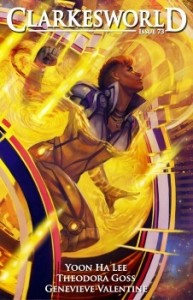
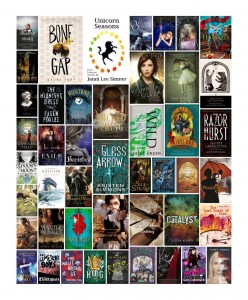
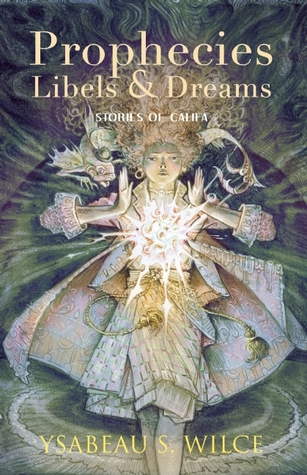



Connect with the Sirens community
Sign up for the Sirens newsletter